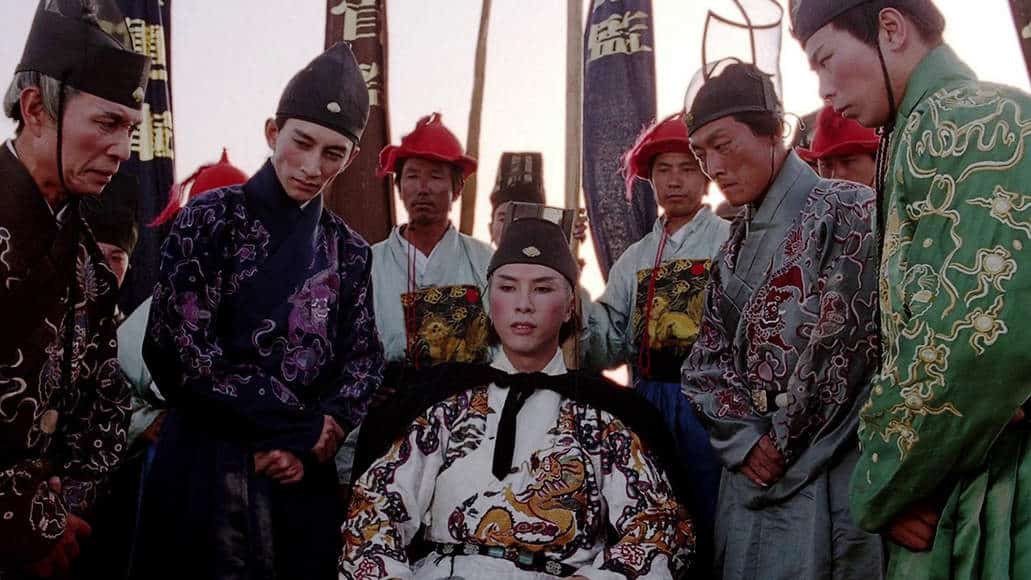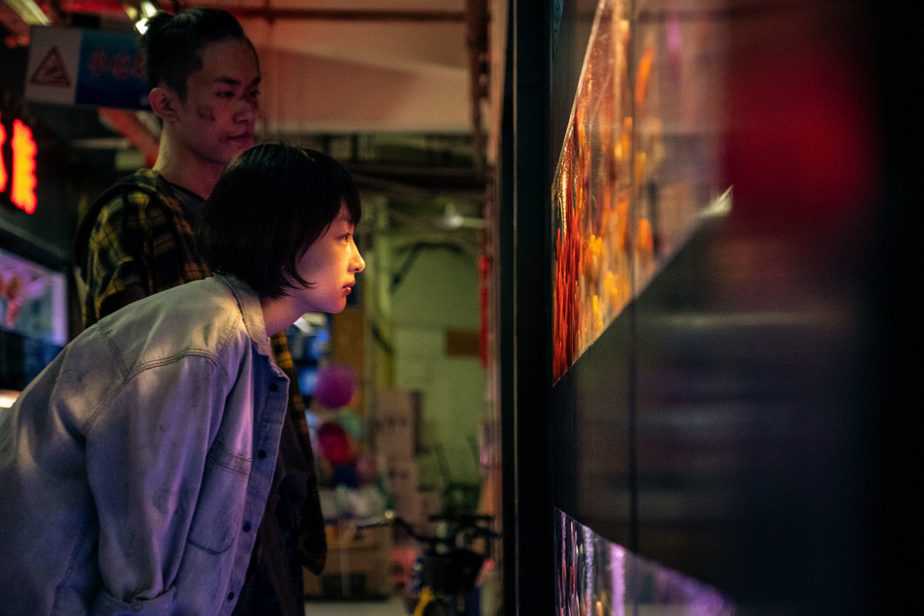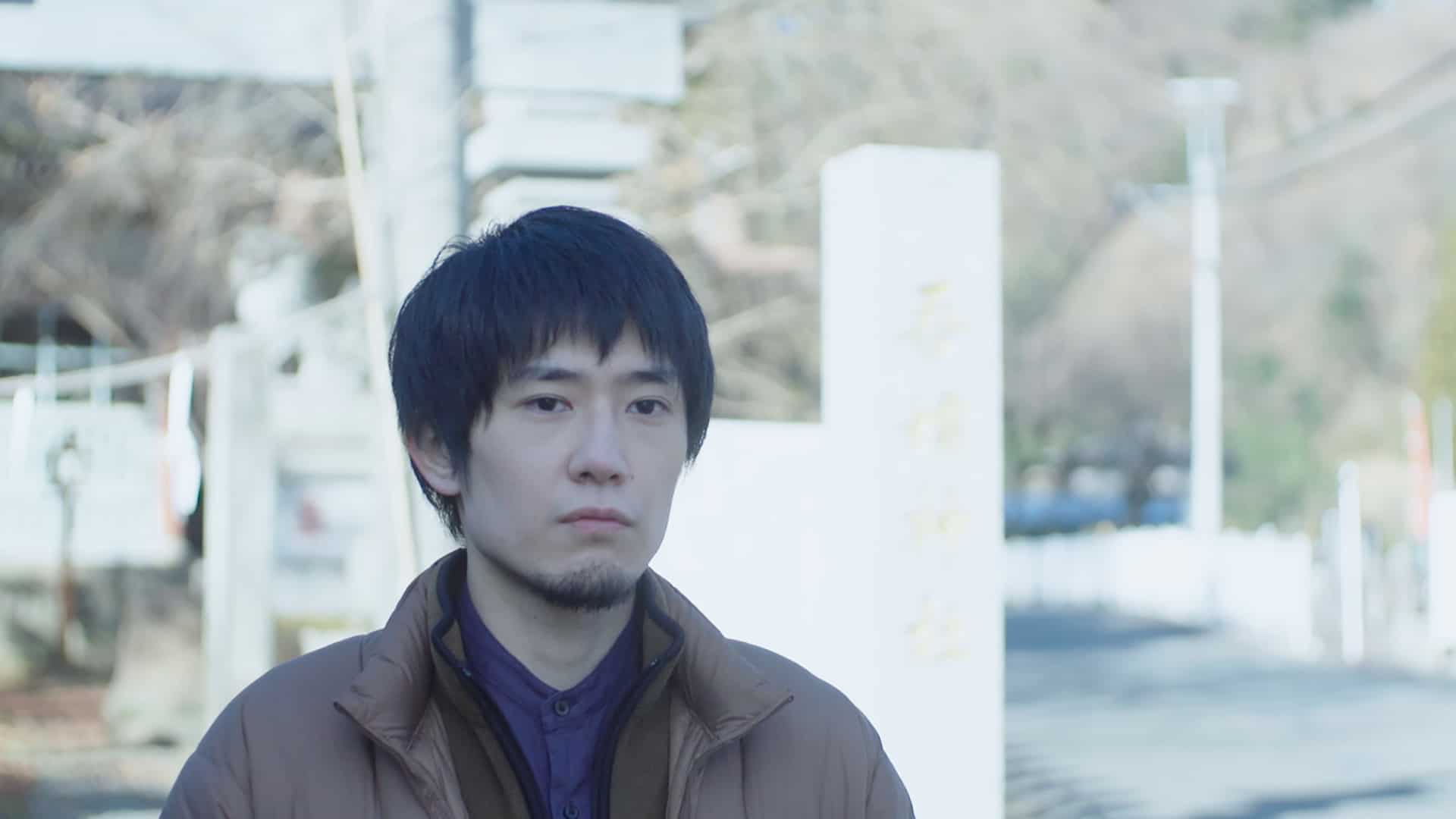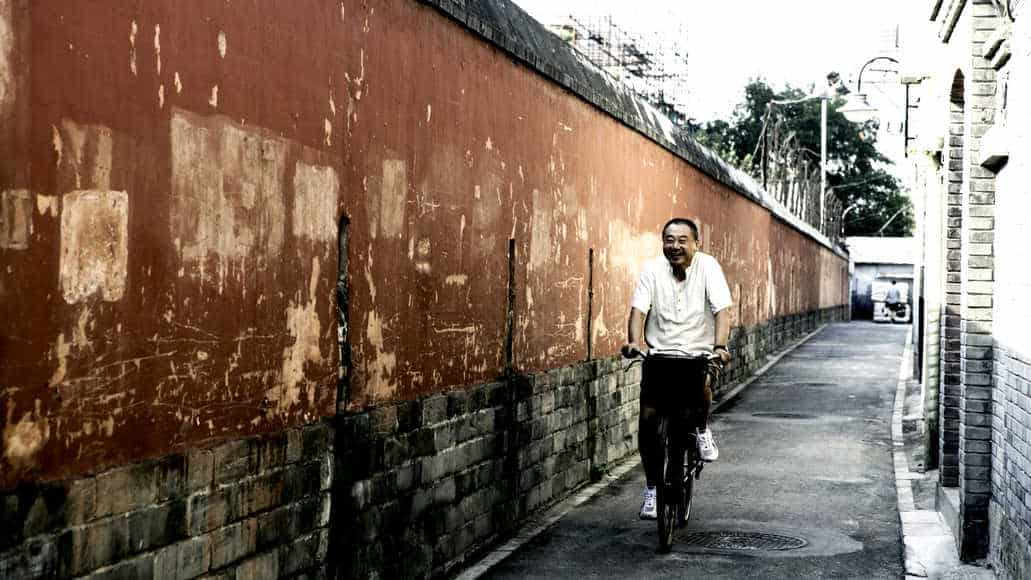The fifth episode of the series moves towards Hollywood pulp territory once more, while also fostering a very intriguing metaphor. The timeline this time is 1997, when Indonesia was experiencing recession.
Bandi is a movie poster painter barely making a living along with his wife Dewi and their son, Marhan. Dewi's environment does not want her to be with Bandi, as they consider their relationship a dead end, as the violent scene in the beginning eloquently highlights, but the two love each other too much for anything to break them up. This, until one fateful night, Bandi decides to enter a rundown cinema and spend a bit of time with the owners there. When he returns to his apartment, though, it seems that years have actually passed.
While the main premise might seem cliché, Randolph Zaini's unique approach and its repetition make the episode stand out. This time, the horror stems from a simpler premise than in previous episodes. However, the striking ending, which ventures into more visually impressive territory, ties the series' episodes together and hints at a larger unfolding narrative. The concept of motherhood is here once more, and fatherhood actually, while Zaini also deals with what constitutes a family, even in this extreme way.
Where the contextual aspect of the episode finds its apogee though, is the cinema part. Zaini and Anwar, who wrote and co-edited “The Other Side” seem to say that there are artists that get so immersed into their art (at this instance, filmmaking) that they forget everything else around them, including their family. That there are people, in this case the owners of the cinema, who can also be seen as part of the industry, producers for example, who move the protagonist towards this direction, adds another level to this comment. Lastly, that Bandi sees himself as a person of value and someone who could even be admired, while in reality he is everything but, as it becomes more evident as the episode unfolds, cements this approach even more, in a rather intelligently presented comment.
On the other hand, and in an underlying note, one could also say that the message here concerns how cinema can provide an escape from the hardships of real life, albeit somewhat fake. In yet another interpretation, the main premise here can be interpreted as a nod to the large number of Indonesians working overseas, not seeing their families for years.
Kiki Narendra as Bandi is exceptional in the role, showcasing his perplexedness, regret, his good and his bad time in equal quality, in an overall great performance. Sita Nursanti as Dewi is also good even if in a smaller part, with the chemistry of the two being of the higher level. The scenes where Bandi returns to her and the finale are the apogee of her effort. Muzakki Ramdhan as Teen Marhan is convincing in the way he responds to the tragedy in his life.
The overall atmosphere in the episode is excellent throughout, in the segment that does better in that regard so far, particularly since the presentation of the cinema is excellent. Ical Tanjung's cinematography is one of the main sources of this prowess, but the same applies to Stella Wenang's art direction and Monika Paska's costume design, that are also the main sources of the pulp/noir aesthetics here. That the finale moves in completely different territories, much more impressive and fantastical, adds another notch to the technical prowess of “The Other Side”.
“Joko Anwar's Nightmares and Daydreams – The Other Side” is another great episode in a series that has already gotten its place among the best of the year.














